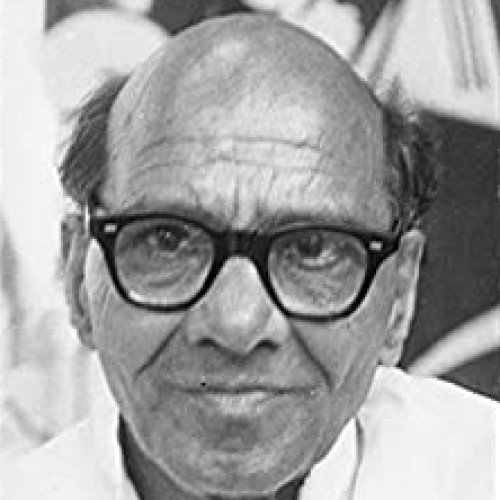Early Life
Mahavir Tyagi was born on December 31, 1899, in Moradabad, Uttar Pradesh. He was educated at Nanakchand High School, Meerut and thereafter was tutored privately. Tyagi did not pursue formal higher education. As he grew older, he reflected on his education and developed a dislike for the modern education systems. He believed universities were exploitative spaces.
He served in the British Indian Army until 1920. After the Jallianwala Bagh massacre, Tyagi resigned from the army. Soon, he joined the Non-Cooperation Movement and played an active role in the Indian Independence Movement.
Role in India’s Independence Movement
Tyagi was an avid follower of Mahatma Gandhi and took part in many nationalist movements including the Kisan movements in Uttar Pradesh. He was convicted several times for his political participation including for the offence of sedition.
He was a Member of the All-India Congress Committee for nearly 39 years. He was a vibrant leader and active legislator. He was a member of the United Provinces Legislative Assembly for 9 years. Interested in social reforms, Tyagi also became a Member of a Committee governing land reforms and social justice in tribal areas of the United Provinces.
During his tenure in the Legislative Assembly, he set up the ‘Tyagi Police’ in Uttar Pradesh to control the violence that took place in 1947 resulting from the partition of India.
Contribution to Constitution Making
Mahavir Tyagi was elected to the Constituent Assembly from the United Provinces on a Congress Party ticket. He contributed to discussions on detention, taxation and emergency powers of the President.
Later Contributions
Tyagi was elected for two terms as a Member of Parliament from Dehradun (1952-62). He was the Minister, Revenue and Expenditure (1951-1953) during which he introduced a scheme for voluntary disclosure of income.
He also took on key administrative roles like the Chairmanship of the Direct Taxes Administration Enquiry Committee (1958–59) and Public Accounts Committee in June 1962.
Tyagi passed away on 22 May 1980 in New Delhi.
Key Writings
Mahavir Tyagi had written a booklet on proportional representation. He authored his memoirs in Hindustani and the same was published in two volumes in 1960- Ve Kranti Ke Din and Meri Kaun Sunega.
- A strong advocate of vesting emergency powers in the President, Tyagi urged that the Centre must be armed with such powers.
- He rejected the need for a detention clause in the Constitution. He felt that the introduction of such a clause would transform the framework of Fundamental Rights into a rigid penal code.
- A proponent of a fiscally strong centre, Tyagi recommended a uniform tax system for levy of sales tax and wanted the Union Government to levy such taxes.
- Personalities: A Comprehensive and Authentic Biographical Dictionary of Men who Matter in India, (Arunam and Sheel, 1950)
- Members Bioprofile, Third Lok Sabha

